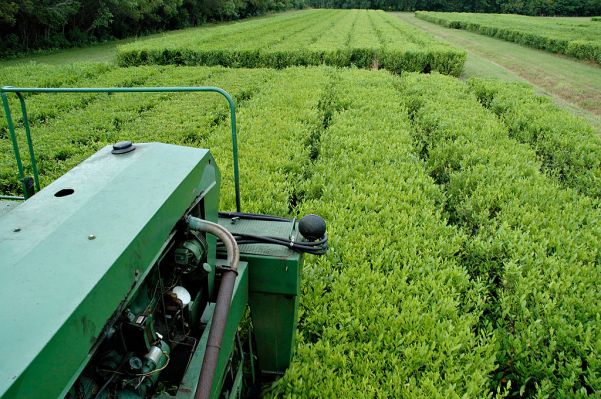Migrant workers are a critical labor force for U.S. farms, but getting them here on proper H-2A visas can be complicated, and the compliance surrounding these employees is taxing for farms. Seso was founded five years ago to help streamline that process and now looks to expand into a one-stop-shop HR platform for the agriculture industry.
Michael Guirguis co-founded the startup after his cousin asked for his advice on whether her organic farm should expand. Despite demand for her harvests, Guirguis, whose entire career has involved job creation and the labor market, told her expanding wouldn’t be smart because the industry’s labor shortage would make hiring enough workers hard. That inspired Guirguis to found Seso to automate the H-2A visa process to help fix that issue and help farms stay compliant. Once he started talking to potential farm customers, he realized that farms could use a lot more help with their HR beyond just finding workers.
“When it comes to the back office, every farm we visited had thousands of filing cabinets,” Guirguis said. “It’s one of the most laggard industries in the U.S. That was the eye-opening moment. We can address the labor shortage and build an end-to-end modern operating system starting with HR and modernize a lot of these really complex tasks.”
The startup just raised $26 million to expand its platform’s capabilities. The Series B round was led by Bond’s Mary Meeker with participation from Index Ventures, NFX, SV Angel, several Seso customers, and others. The company doubled its customer base in 2023 and works with 27 of the largest 100 agriculture employers in the U.S.
While agriculture is a massive industry ripe for disruption, it’s been relatively reticent to adopt new technology, he said. Guirguis thinks Seso has been successful in selling to farms so far, when many other startups haven’t been, because Seso isn’t trying to change the actual farming process, something farmers made clear to him that they weren’t ready for yet. Adopting back office tech is an easier sell.
“Your HR team is in the back office doing traditional HR work,” Guirguis said. “That is who we are trying to change behavior for, which is easier than for someone 50 years in the field still using pen and paper. They can still keep doing their process we have built products to adapt. You can take a picture of a [handwritten] time sheet and then use AI to make sure that is accurate.”
Guirguis’s focus on getting feedback from farmers directly is what pushed Nina Achadjian, a partner at Index Ventures, to invest. Achadjian initially passed on Seso when it first tried to raise from Index, but how the company sells and interacts with farmers changed her mind.
“I remember this one customer call, I got chills,” Achadjian told TechCrunch. “[He said], ‘I get pitched by these Silicon Valley entrepreneurs all the time and they show up at your farm and they are like, ‘Here is how you should run their business.’ I always ask each of them to come and spend a day and work alongside me so they can understand what is a day in the life of the end customer and they never show up. Michael was the only one who showed up at 4 a.m. in the freezing cold, in the dark, to pick artichokes.’”
That feedback from farmers is why the company is expanding into automating payroll next. Guirguis said due to various agriculture employment laws, farm payroll is incredibly complicated. Workers are paid for how much crop they pick, Guirguis said, and the rate for each crop picked is different for a migrant worker versus a domestic worker and different again if migrant workers and domestic workers are picking from the same field. Guirguis sees numerous ways to expand after that.
